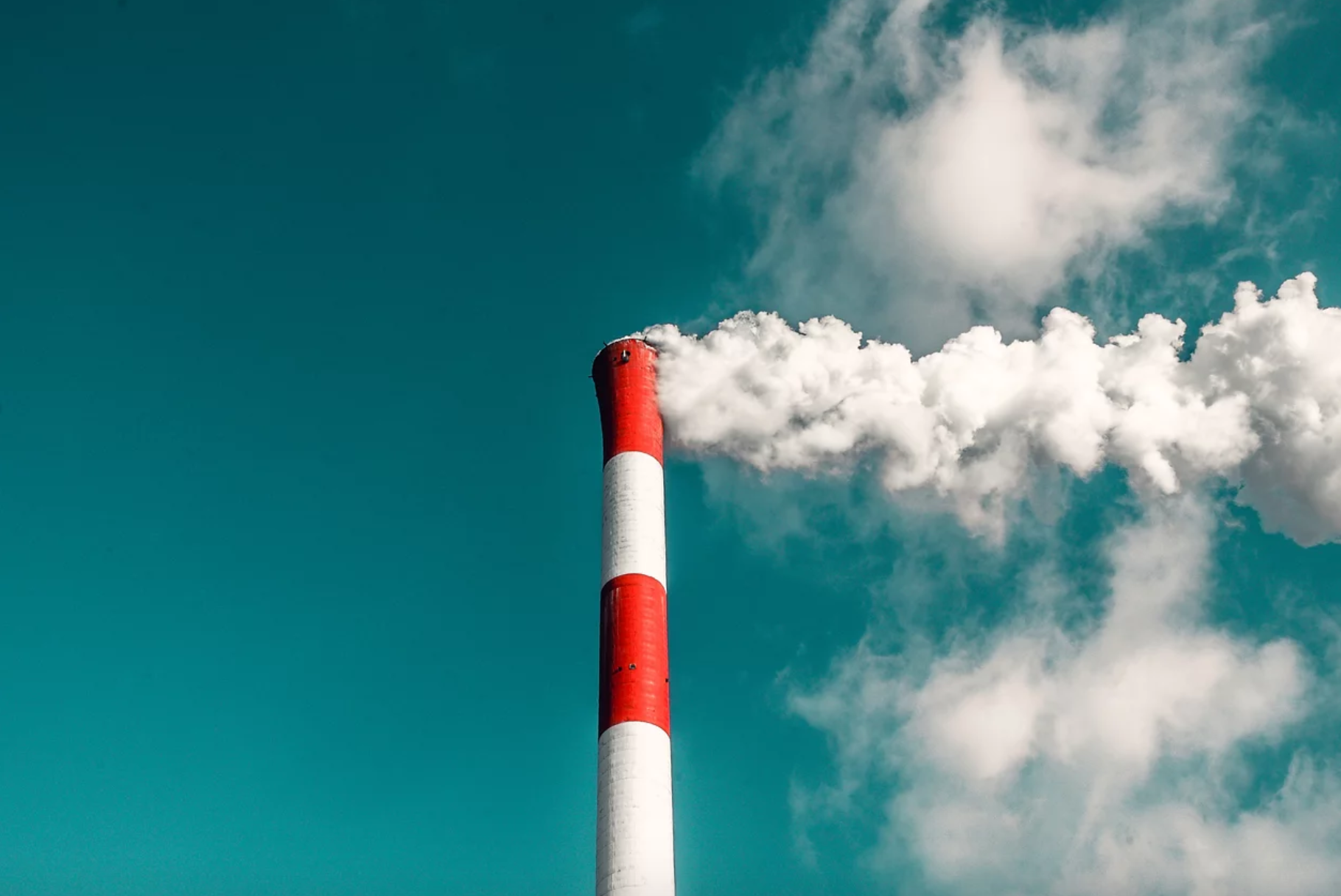
In the face of climate change and global warming, can earth really survive the complete depletion of fossil fuel? Mankind needs to create a circular economy that is devoid of fossil fuel, otherwise, we will not be able to hold global warming below the 1.5 degree Celsius goal.
As global warming and rising sea levels are becoming a real crisis that humans can no longer reverse, a shortage in natural resources is no longer the main impediment to the growth of our society and economy. In reality, we are already unable to sustain the existing pollution and carbon emission level, let alone withstand any additional damage that future fossil fuel usage would cause.
According to an analysis by the Nature journal, the fossil fuel reserves that we are currently aware of in the world are already 3 times over the amount of fossil fuel that should be used in order to keep global warming from increasing another 2 degrees Celsius. As a result, how many fossil fuel reserves “could be used” should be the least of our worries. Instead, we should really be focused on how many fossil fuels reserves should “not be used.”
To combat global warming, scientists have calculated the amount of fossil fuels that should not be surpassed in each region of the world, based on the existing pollution level and the different carbon emission level of each fossil fuel. According to analysis, coal is the biggest polluter, and 82% of the current reserve should not be extracted. Although natural gas pollutes the environment at a much lower level, China and Russia should forego more than sixty percent of their inventory. Petroleum should not be extracted at all anymore in order to protect the environment and the Arctic, even if it generates the highest energy output out of the three natural resources.
Unfortunately, global warming has not reduced our reliance on fossil fuels. As published by the Organization of Petroleum Exporting Countries (OPEC) last month, the global consumption of petroleum already exceeds 100 million barrels per day, which is twice the amount of the previous fifty years. Last week, the United NationsIntergovernmental Panel on Climate Change(IPCC) called for the original limit of 2 degree Celsius to be reduced to 1.5 degree Celsius to address the damage that has already been caused by climate change. This means that a reduction in the mining of fossil fuel needs to be significantly increased as well.
To expect that countries rich in natural resources will have the will to stop on its own and leave the fossil fuel underground is unrealistic. However, all signs indicate that we must respond in a comprehensive and urgent manner to the danger of climate change. If we continue to use a linear economic model that relies on natural resources, we will never escape our dependence on petroleum, natural gas and coal. To slow the consumption of fossil fuel, we must progress towards a circular economy that will gradually detach itself from the use of natural resources over time. Otherwise, we will surpass the upper limit of the fossil fuel that could be used, and earth’s temperature will warm pass the critical point of 1.5 degree Celsius.
Author : Charles Huang (Founder and Chairman of Circular Taiwan Network)
Article is also posted on Business Today